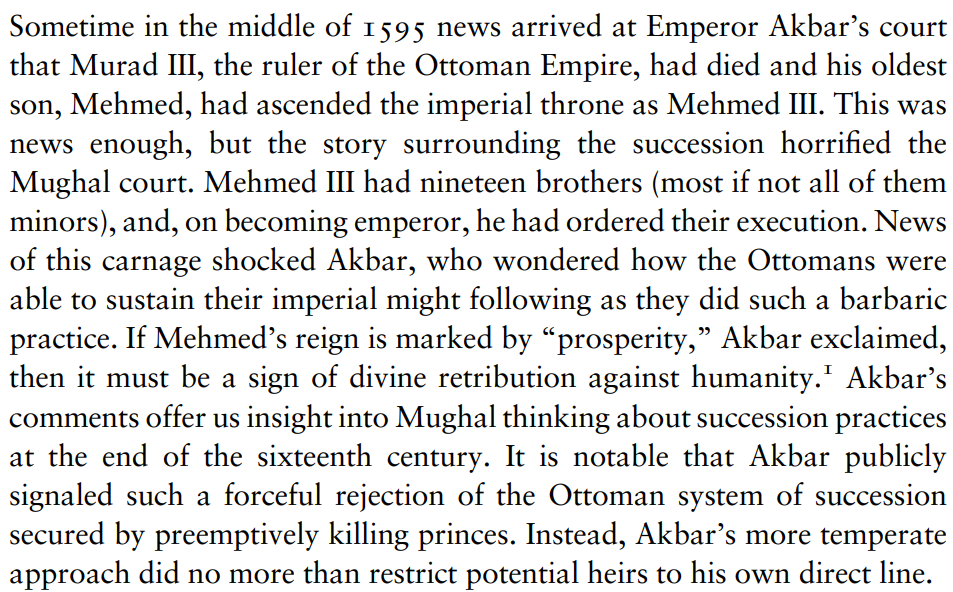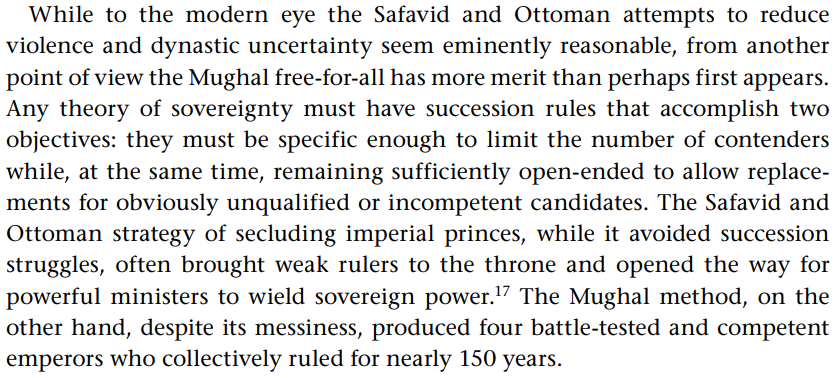Estates should fight you tooth and nail over most changes toward the system the player would prefer, as they've got their own interests at heart, not those of the country or the player. Making a significant government, social, or economic change should be viewed as a threat by some, and an appeasement by others, the trick being to balance them against each other, or otherwise relieve the pressure from those opposed. Pushing too hard or too quickly should result in increased pushback, leading to disobedience or violence. That should put brakes on the player's actions to achieve the perfect metagame.
If the player is taking legal or administrative actions to push toward a reform or goal, there should always be an opposed pushback by someone. The success or failure of the reform or goal should depend on either reducing the amount of pushback by offering other concessions (negotiating a deal), or by increasing the effort and weathering the inevitable storm of resentment that it creates. The achievement of the action or goal should, in many or most cases, take time, its length depending in large part on the relative strength of your effort compared to the opposed efforts. Some estates should have a constant effort toward particular goals, requiring the player to either support other estates to counterbalance it, or by expending a small but constant effort just to maintain the status quo.
Changes should never be a simple "I have enough of X mana to activate this". It should be more of "I've struck deals with the two estates which would oppose the change, so now I can start this process with less opposition".
The Parliament to some degree functions in this way, but doing it twice every five years feels much too simple, it needs to infuse the system in other ways as well.



